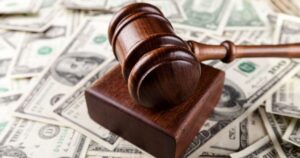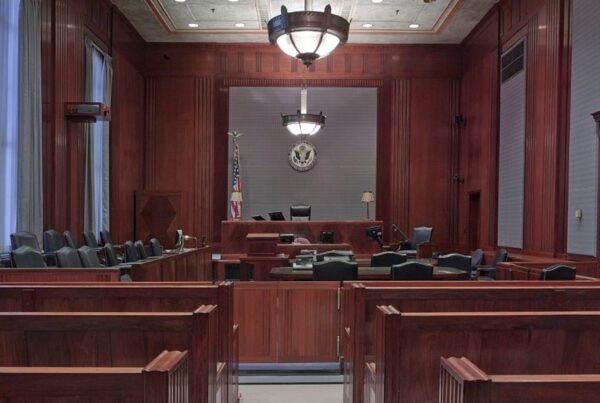 The economic loss rule is a court-created doctrine that prohibits the extension of a tort recovery. This rule is applicable in cases where a product sustains damage exclusively to itself, as opposed to causing damage to something other than itself.
The economic loss rule is a court-created doctrine that prohibits the extension of a tort recovery. This rule is applicable in cases where a product sustains damage exclusively to itself, as opposed to causing damage to something other than itself.
The District Courts of Appeal’s Perspective
Furthermore, Florida’s District Courts of Appeal states, “[t]he economic loss rule . . . prohibits recovery in tort where a product damages itself, causing economic loss, but does not cause personal damage to any property other than itself.” Fishman v. Boldt, 666 So. 2d 273, 274 (Fla. 4th DCA 1996); see also Tiara Condominium Ass’n, Inc. v. Marsh & McLennan Companies, Inc., 110 So. 3d 399, 404 (Fla. 2013).
Exceptions to the Economic Loss Rule
However, where there are allegations of damage to another property, a complaint shouldn’t be dismissed under the economic loss rule. For example, when a kitchen instrument is defective and causes damage to other components surrounding the kitchen area, these damages are “sufficient [at the motion to dismiss stage] to satisfy the other property exception to the economic loss rule.” Rife v. Newell Brands, Inc., 632 F. Supp. 3d 1276, 1309 (S.D. Fla. 2022).
The Rife Case: An Illustration
In Rife, the plaintiff, Griffin, purchased a pressure cooker from the defendants. Id. at 1284. When the plaintiff’s daughter opened the lid while preparing dinner, “the scalding hot contents exploded out of the pot, spraying the plaintiff’s daughter and her surrounding kitchen area.” Id. at 1285. The defendants argued that the economic loss doctrine “bar[red] the purchasing plaintiffs’ claims for negligence and strict products liability.” Id. at 1306. The Rife court held that the plaintiff Griffin did invoke the “other property” exception to the economic loss rule, reasoning that the alleged “kitchen damage is sufficient, at this stage of the case, to satisfy the “other property” exception to the economic loss rule.” Id. at 1309.
Limitations on the Economic Loss Rule
The economic loss rule cannot be abused, though. For instance, in Commerce Park, Ltd., 753 So. 2d 1219 (Fla. 1999), Florida’s Supreme Court “recognized the danger in an unprincipled extension of the [economic loss] rule.” Id. at 1225. The Florida Supreme Court reasoned that “the economic loss rule cannot be used as a barrier to legitimate causes of action,” ultimately holding that when an item is “not an integral part of the product,” it is considered “other property.” Id. at 1225-27.
The Merriam-Webster dictionary defines “integral” as “essential to completeness.” When looking to applicable case law, it is clear that the Florida courts have uniformly determined whether an item was considered “other property” under this same definition. See Comptech, 753 So. 2d 1219 (holding that computers damaged during renovations to a warehouse were “other property” for purposes of the economic loss rule); compare American Universal Ins. Group v. General Motors Corp., 578 So. 2d 451 (Fla. 1st DCA 1991) (holding that a replacement oil pump was an integral part of a repaired engine, and was thus not “other property”).
Seeking Legal Guidance
For more expert legal guidance on economic loss rules, contact one of our experienced attorneys at 305-570-2208. You can also email our lead attorney Eduardo directly at eduardo@ayalalawpa.com.
We at Ayala Law PA are passionate about helping those in legal need, so please don’t hesitate to schedule a case evaluation with us online here.
Subscribe to Our Blog
Stay informed with our latest blog posts delivered directly to your inbox. Gain valuable legal insights, tips, and advice from our seasoned attorneys.






